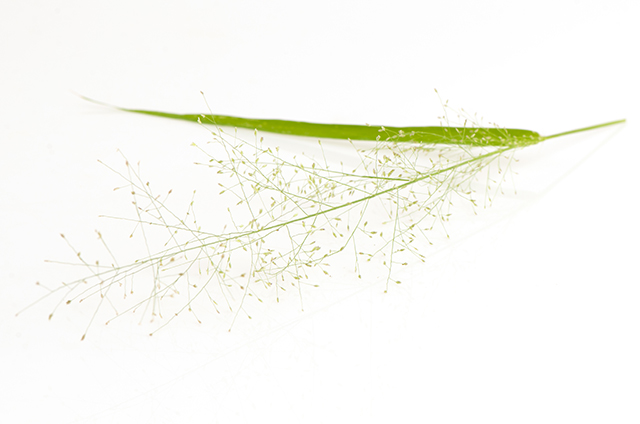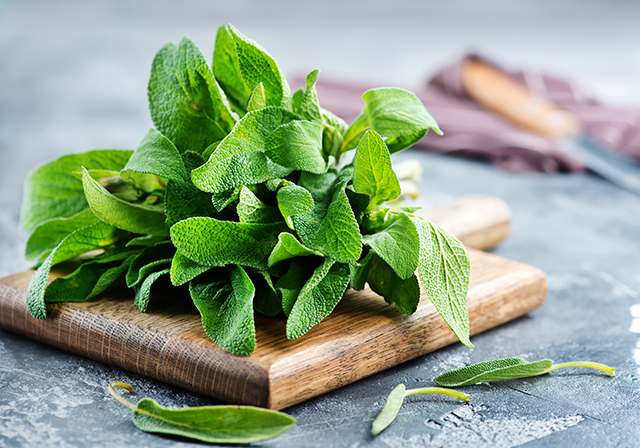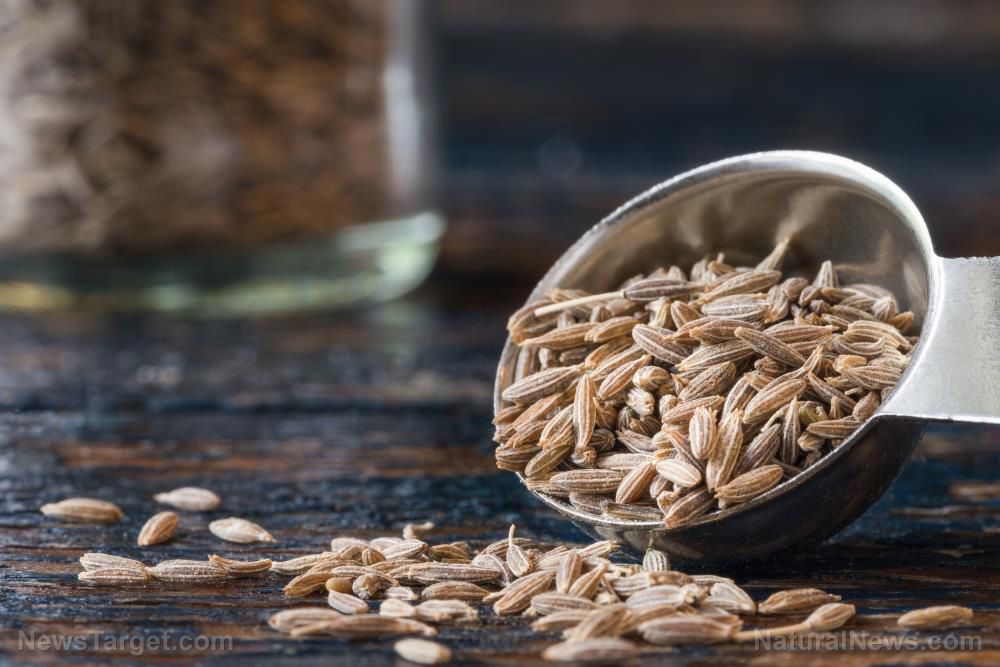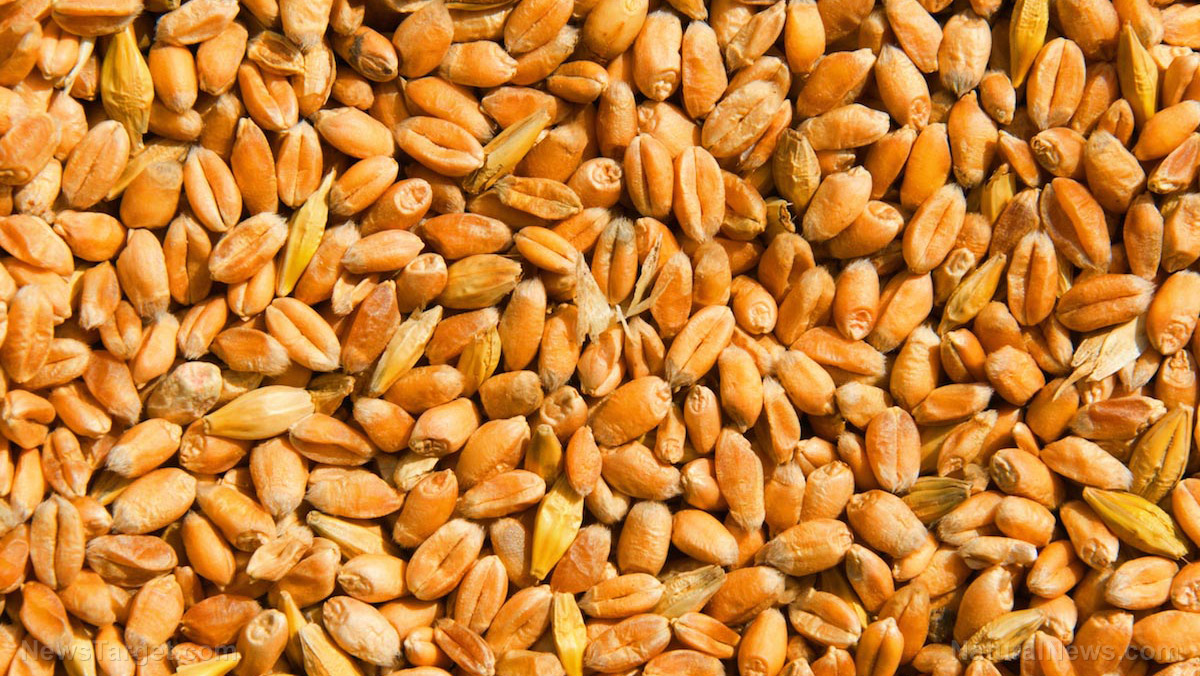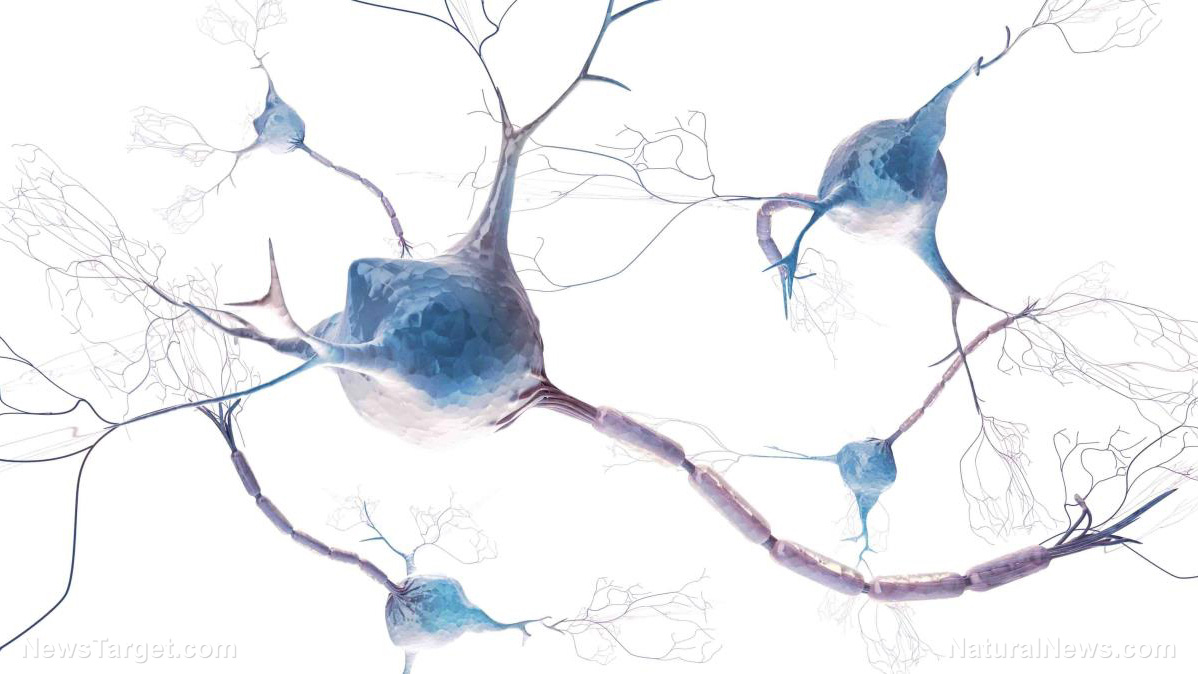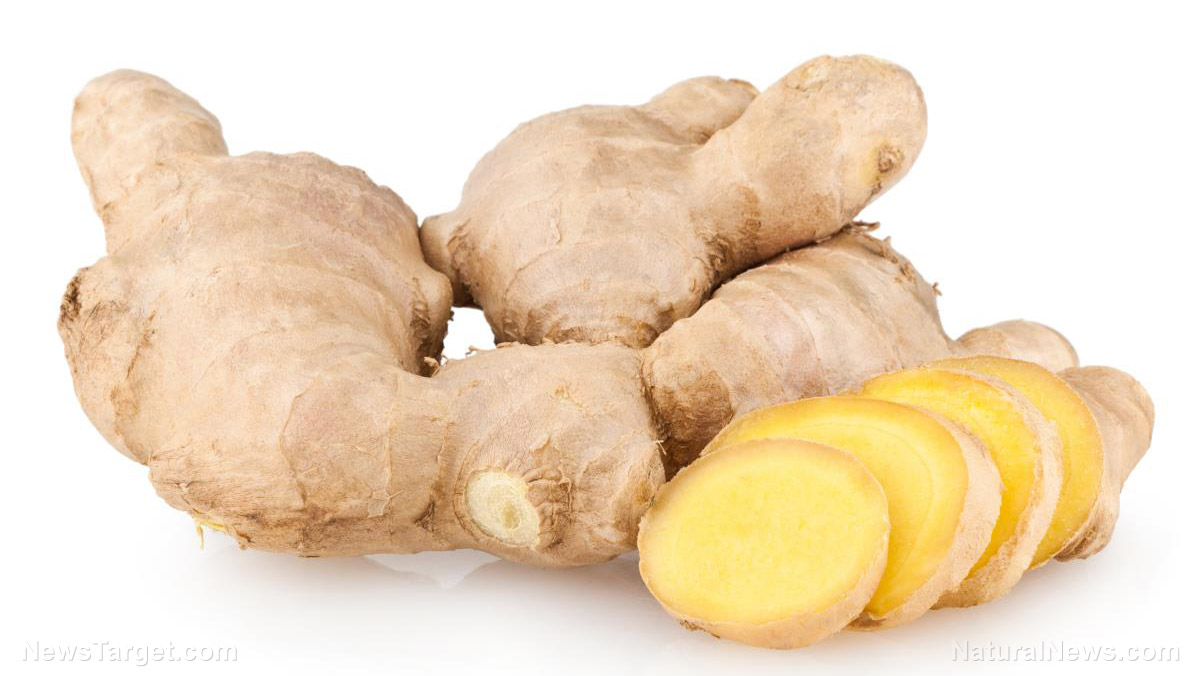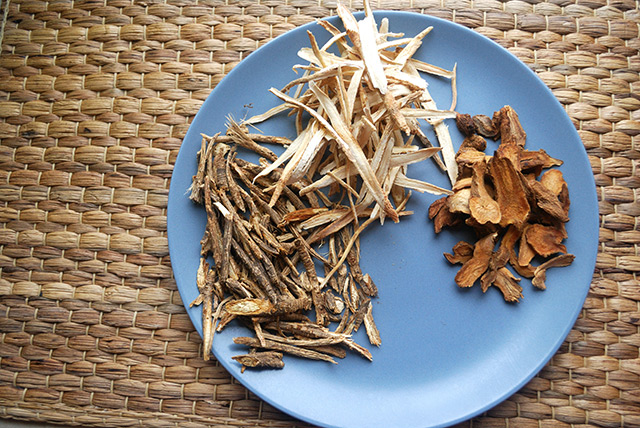Researchers find the extract of gum arabic tree to be an effective treatment for malaria
10/10/2018 / By RJ Jhonson
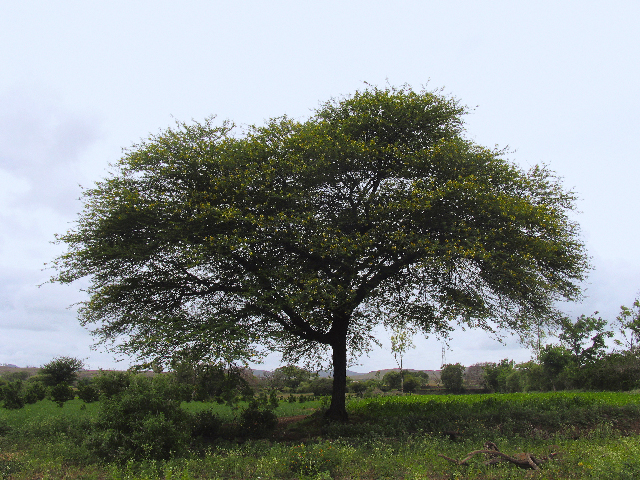
Although countries have taken leaps in terms of preventing the occurrence of malaria, many, a lot of whom are children, continue to die from the disease. The gum arabic tree (Acacia nilotica) grows in tropical and subtropical areas – the very same regions where malaria is very common – and is noted for its phytochemical content and its many uses in traditional medicine. In a study that was published in BMC Complementary and Alternative Medicine, researchers investigated the potential of the plant’s extracts as a treatment for malaria.
Malaria is a very common disease in many developing countries. It is also a significant cause of death. The World Health Organization estimates that in 2015, there were about 212 million cases of malaria worldwide. Of these, 429,000 ended in death. Although the number of sufferers has been declining over the years, the disease remains a threat.
A. nilotica, also known as the gum arabic tree, is considered as a weed in certain parts of the world. However, it is an important plant in Ayurvedic medicine, where its leaves, bark, and pods are used for a variety of health conditions, including diarrhea, menstrual problems, fever, and even cancer. There have been reports of it having beneficial effects against the hepatitis C virus, as well as a range of bacterial pathogens.
Analyses showed the presence of different phytochemicals, most notably phenolic compounds in various parts of the plant. It is also believed to have an abundance of antioxidants which the authors noted to have potential uses in many fields, including food, agriculture, and cosmetics, to name a few.
The authors wanted to see if the extracts of the gum arabic tree could be used to kill Plasmodium falciparum, the microscopic parasite that causes the deadliest form of malaria. Although some natural treatments have been found effective, the emergence of newer, more resistant P. falciparum strains in recent years is becoming an increasing cause for worry. The researchers believe that gum arabic tree extract could be a solution to the problem.
To find which part of the gum arabic tree yields the best outcomes, the scientists obtained extracts from the plant’s leaves, roots, and bark. These were put through standard antioxidant assays. The extracts’ antimalarial effects were tested using the 48-hour schizont maturation inhibition assay. Schizont refers to the stage in the life cycle of Plasmodia which they arrive at around 48 hours after they are injected into a person.
All the antioxidant assays revealed the leaf extract to have stronger antioxidant properties than the other two extracts tested. All extracts exhibited the ability to inhibit the development of mature schizonts, but the leaf extract proved to be the most potent.
These findings convinced the researchers of the extracts’ antimalarial and antioxidant effects. They did admit, however, that further investigation is needed to identify and isolate the active components responsible for these outcomes.
Preventing mosquito bites
The most effective way to avoid getting malaria is to prevent mosquitoes from biting one’s skin. A good way to do this is to use insect repellents. However, chemical repellents in the market often contain synthetic chemicals that may cause a variety of health problems.
Instead, one can use natural ingredients as insect repellents. Here are some of the most effective:
- Lavender – Crushing the flowers releases a fragrant smell that mosquitoes hate. It has added benefits when applied close to the skin.
- Cinnamon oil – This type of oil is lethal to mosquito eggs and is an effective repellent for the adult insects, especially the Asian tiger mosquito.
- Citronella – This essential oil is made from a combination of herbs. When formulated correctly, it is noted to be as effective as N, N-Diethyl-meta-toluamide (DEET), the active ingredient in most chemical insect repellents.
- Geraniol – This alcohol is derived from plants and is known to be effective for up to four hours, depending on the mosquito species.
Find other remedies for diseases like malaria at Remedies.news.
Sources include:
Tagged Under: alternative medicine, antimalarial, antioxidants, Ayurvedic medicine, gum arabic tree, herbal medicine, Malaria, natural cures, natural treatment, Plasmodium falciparum, remedies, schizont





